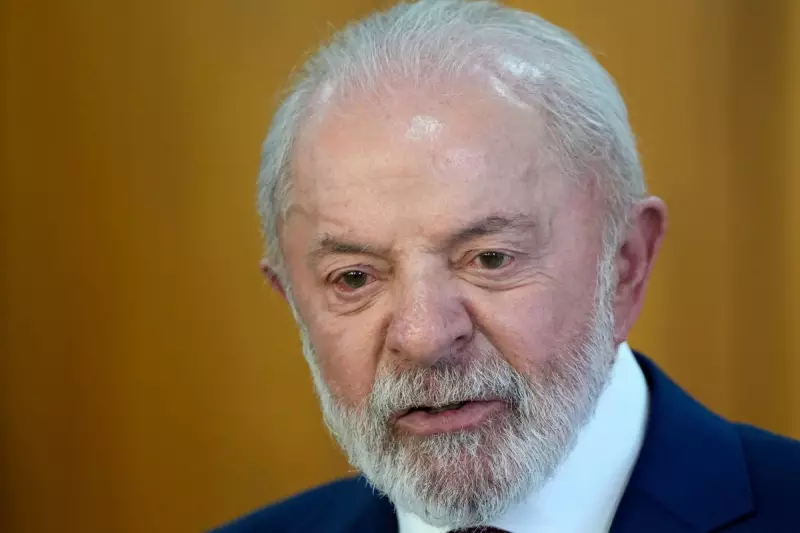
In a significant legal victory for Brazilian President Luiz Inácio Lula da Silva, the New York Supreme Court has dismissed a defamation lawsuit brought against him by the police officer who previously jailed him on corruption charges.
Court Dismisses Claims Against Brazilian Leader
Justice David B. Cohen ruled that the court lacked jurisdiction over the Brazilian head of state, dealing a decisive blow to the case filed by former police investigator Eduardo Augusto de Almeida. The officer had sought substantial damages, claiming Lula defamed him during a 2022 interview with Time magazine.
Background of the Contentious Case
The origins of this legal battle trace back to Operation Car Wash, Brazil's massive anti-corruption investigation that ultimately led to Lula's imprisonment in 2018. The former president served 580 days before his convictions were annulled by the Supreme Court, which found the trial judge to be biased.
De Almeida, who played a key role in the investigation, alleged that Lula's comments to Time magazine damaged his reputation internationally. The Brazilian president had characterised the investigation as a "lie" constructed to prevent him from running against then-President Jair Bolsonaro.
Jurisdiction Questions Sink Lawsuit
Justice Cohen's ruling emphasised that New York courts lacked proper jurisdiction over the matter, noting that the alleged defamatory statements were made in Brazil by a Brazilian president to a American publication. The judge found insufficient connections to New York to warrant hearing the case.
Political Implications and Reactions
This legal victory comes at a crucial time for President Lula, who has been working to restore Brazil's international standing following the Bolsonaro presidency. The dismissal of the case represents another chapter closing in the long-running political and legal drama that has dominated Brazilian politics for nearly a decade.
Legal experts suggest this ruling could set a precedent regarding the limits of foreign courts' jurisdiction over sitting heads of state and their public statements made in their home countries.





